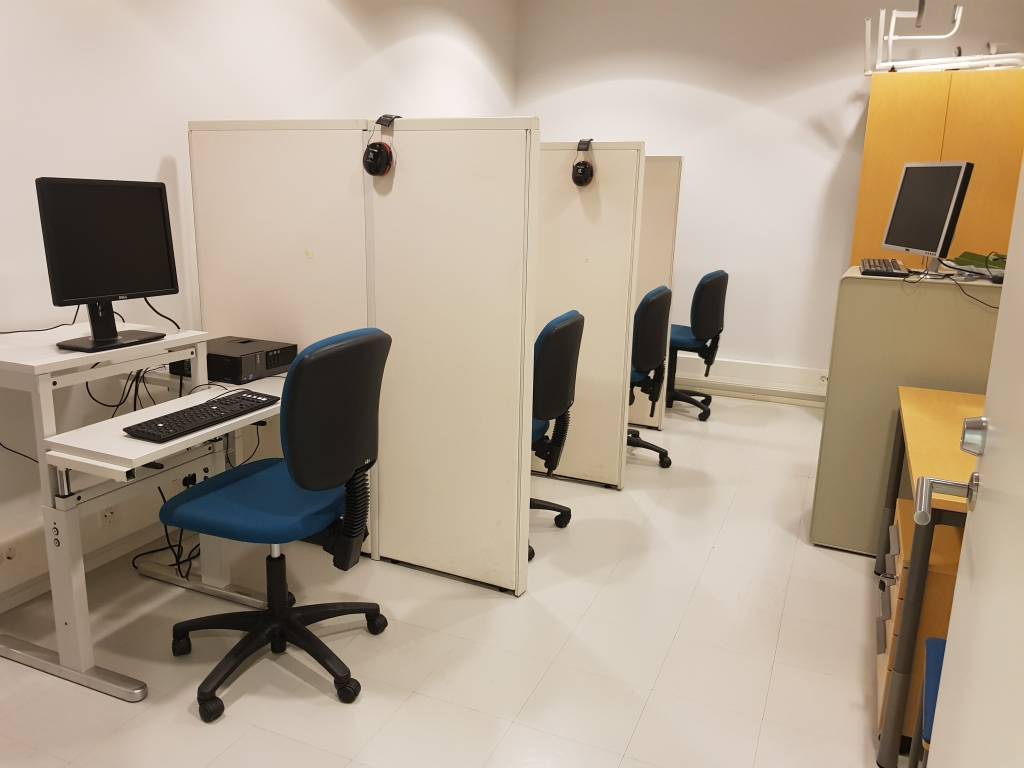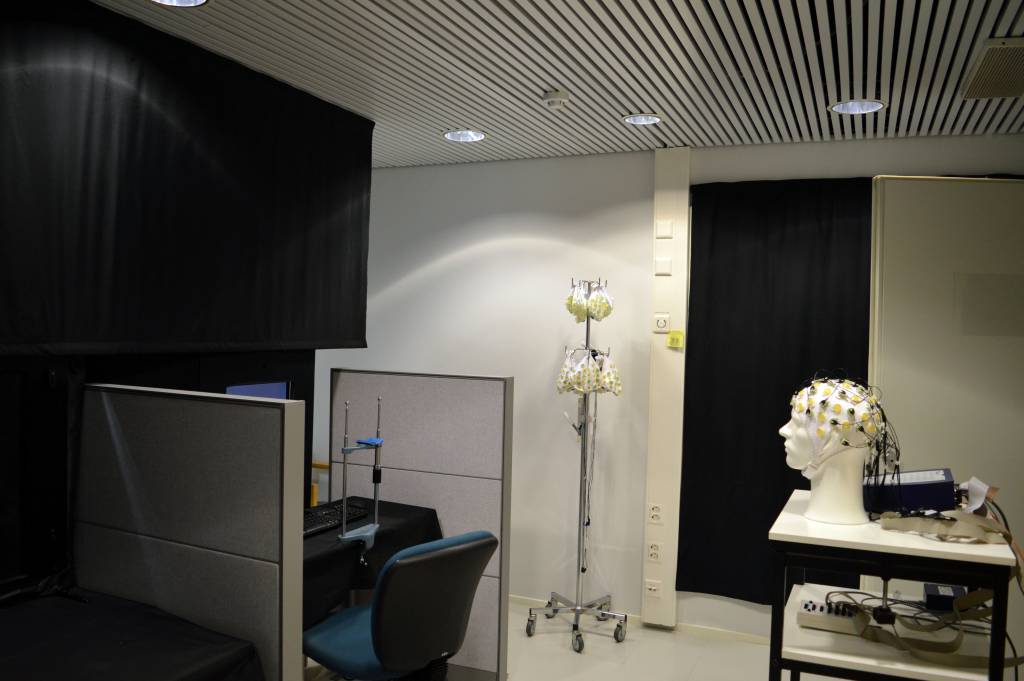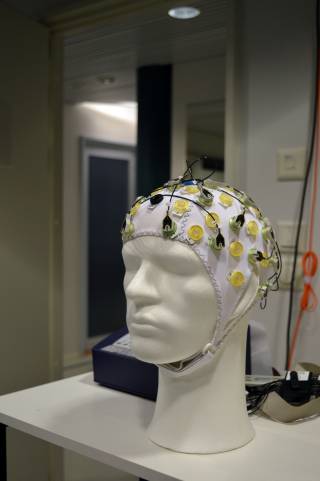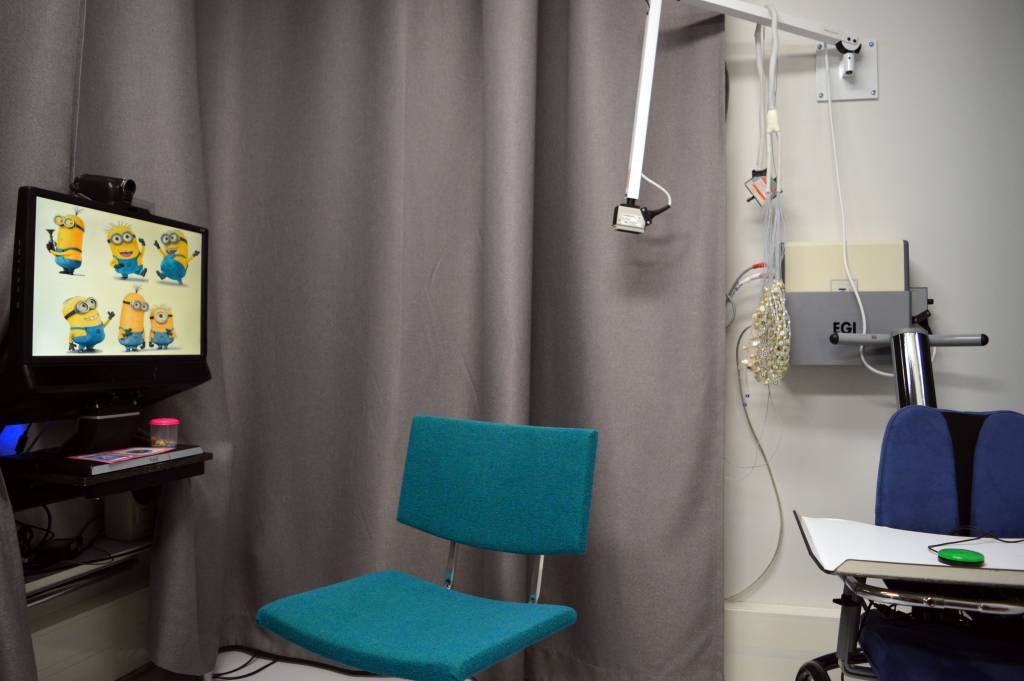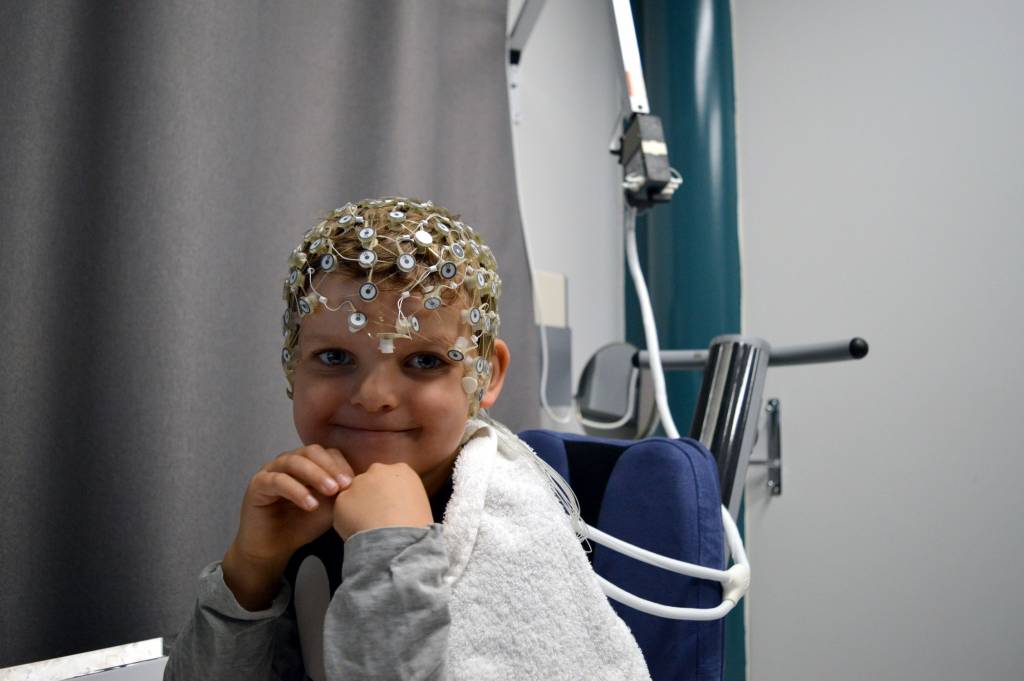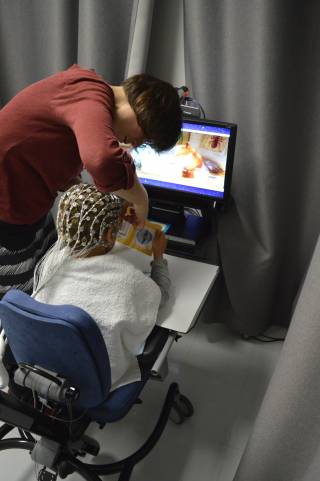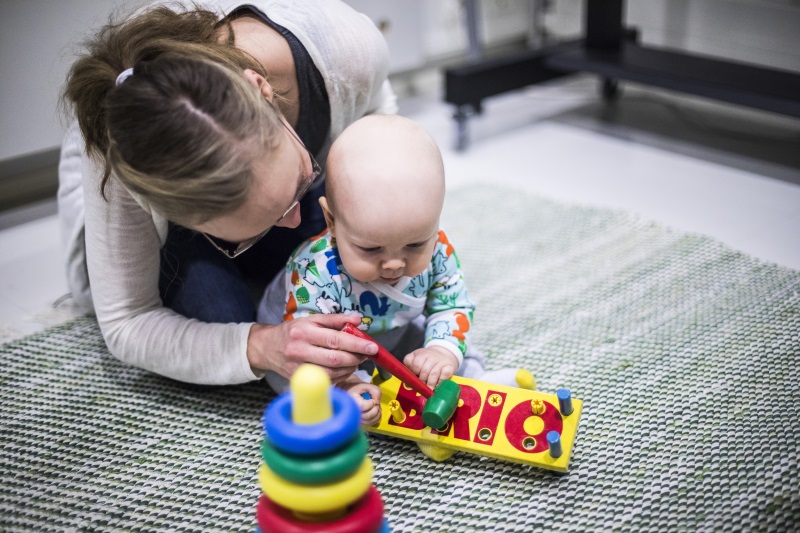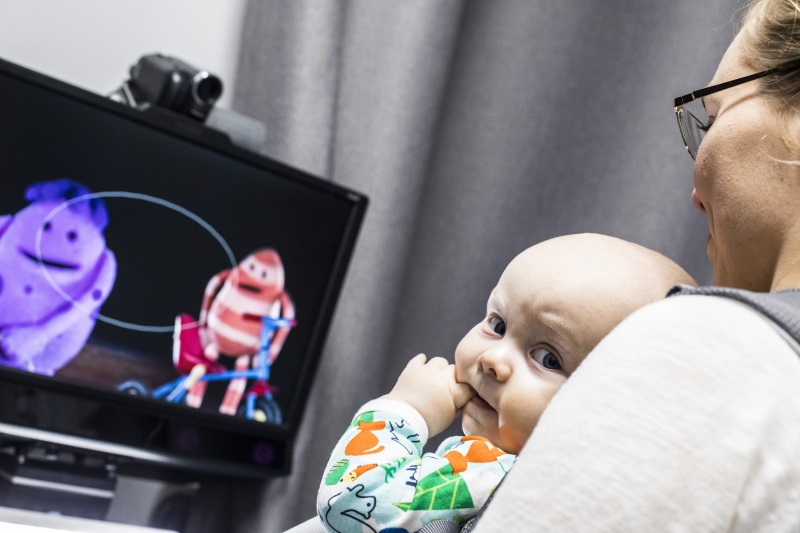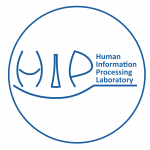
Human interaction is heavily dependent on the processing of social signals originating from other people. The major goal of our research in the Human Information Processing Laboratory is to understand the cognitive, neural, and developmental mechanisms involved in the perception socially relevant information, and the factors contributing to individual differences in social information processing. We are especially interested in various aspects of face perception because faces convey a wealth of socially relevant information, such as identity, gender, age, emotional state, and direction of attention.
Our main research topics include:
Cognitive and neural processing of eye contact
- Effects of eye contact on neural, physiological, and self-reported affective-motivational responses
- The role of cognitive factors such as self-awareness and ostracism on eye contact processing
Emotion processing in infants and adults
- Development of facial emotion processing in infancy and its associations with later social development
- Changes in emotion processing and responses to infant emotion signals across the transition to parenthood
Face and gaze processing in children with autism
- Development of attentional and motivational processing of eye contact in young children with autism
- Effects of social engagement interventions on face and eye contact processing
You can read more about our current research projects here.
HIP Lab is equipped with facilities for measuring physiological responses such as electroencephalography (EEG), electromyography (EMG), heart rate, skin conductance responses (SCR), and eye movements with eye-tracking systems. We also have a computer lab for behavioral studies and a room for observational assessments.

